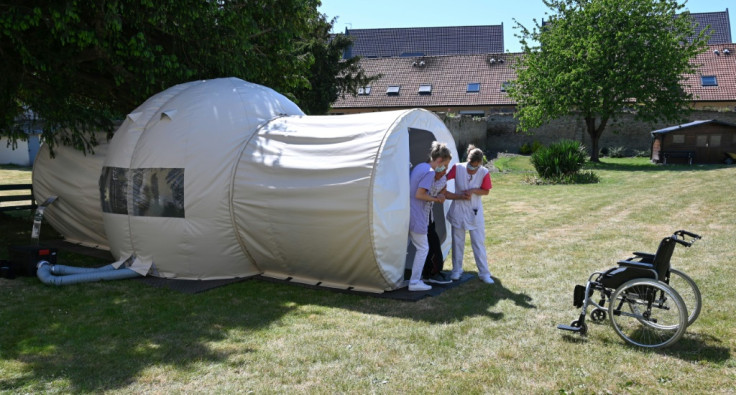PTSD patients twice more likely to suffer from dementia later in life
A higher risk of dementia among PTSD patients was demonstrated in the general population as compared to veterans.
Post-traumatic stress disorder (PTSD) may have more adverse mental consequences than previously thought as new research showed that those with PTSD are twice more likely to suffer from dementia later on in life.
A study entitled, "Post-traumatic stress disorder as a risk factor for dementia: systematic review and meta-analysis," published in the British Journal of Psychiatry, conducted by researchers from the University College London, made the first meta-analysis of evidence that links PTSD and the risk of dementia.
The researchers analysed the results of 13 studies, conducted in four continents. Data on 1,693,678 individuals were used where researchers investigated if a diagnosis of PTSD also led to an increased dementia risk 17 years later.
The UCL team pooled data from eight of the studies they analysed and found that those who suffered from PTSD were at a 61 percent higher risk of having dementia later on. Getting data from two more studies, which used different methods, the researchers discovered that PTSD doubles the risk of developing a mental disorder.
One of the surprising things discovered by the researchers was that the higher risk of dementia among PTSD patients was actually in the general population as compared to veterans. The research is also indicative of the effect of treating PTSD. Veterans usually receive treatment save for countries that do not conduct them as part of their routines. The findings of the study suggest that treating PTSD could reduce the risk of dementia later on.
Senior author Dr Vasiliki Orgeta from the Psychiatry department of UCL noted that their study highlights evidence on the relationship of traumatic experiences and brain health, particularly how trauma, in the long run, impacts the brain and increases one's vulnerability to dementia.
Orgeta stated that many people suffering from PTSD don't receive treatment. It could be because there is a stigma attached to people who seek help in this aspect. Other times, it could be because of inadequate health care facility.
Although it remains unclear how PTSD increases one's risk of developing dementia, the researchers surmised that it might be related to the re-experiencing of trauma that tends to recur. This then could contribute to the stress-related activities in the bain.
Orgeta also added that at present, PTSD is very common among those who were hospitalised with COVID-19. While it has remained an undertreated and underdiagnosed mental health condition, it can have negative long-term effects.
If you or someone you know is having thoughts about suicide, the Samaritans provide a free support service for those who need to talk to someone in the UK and Republic of Ireland. Visit Samaritans.org or call 116 123 (UK) or 116 123 (ROI), 24 hours a day, 365 days a year. Visit this website to find a support phone number in your country.
© Copyright IBTimes 2025. All rights reserved.






















